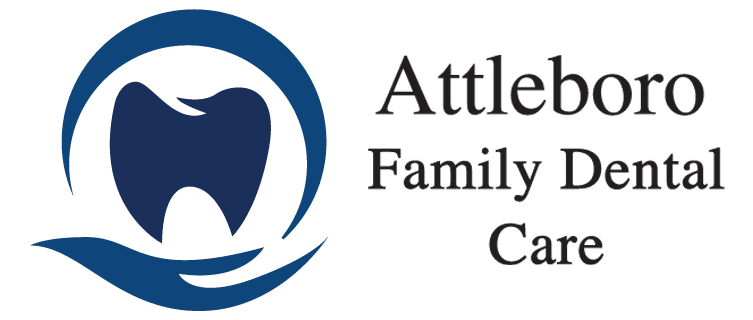Caring for your baby in the first year of life brings a lot of questions, especially from first time parents. You want the best for your baby, but you may wonder if you’re doing everything you should be doing to make sure your baby is healthy.
One of the most common questions from parents is about dental care. When should you start brushing your baby’s teeth? This is a good question, because early dental care is very important. Even though the baby teeth (primary teeth) will eventually fall out, they serve a necessary purpose in the first years of life, allowing your baby, toddler, preschooler, and even school-aged child to chew their food and develop speech. The primary teeth are also place holders for the permanent teeth that will eventually replace them.
When should you start brushing your baby’s teeth? Here’s what dentists recommend.
It’s Never Too Early for Oral Care
Dentists recommend that you start caring for your baby’s oral health as early as the day they come home from the hospital. Most babies do not have teeth as newborns and most likely won’t get them until much later. But early oral care starts with the gums.
The first step is to clean your baby’s gums with a clean washcloth. This should be done at least once a day. It is best to do it at night before they go to bed to clean the residue of feedings off of their gums. You can also use a soft bristled infant toothbrush to clean your baby’s gums. There are silicone toothbrushes that fit over your finger for easy, safe gum cleaning.
Start Brushing Your Baby’s Teeth As Soon As One Erupts
The average age for tooth eruption in infants is between 6 and 12 months. Some babies may get teeth earlier, and some may not get teeth until after their first birthday. But once that first tooth pops through the gums, it’s time to start brushing it.
Use a soft bristled infant toothbrush and water to brush your baby’s teeth for the first 2 years of life. After age 2 you can begin using a pea-sized amount of fluoride toothpaste. The ultimate goal is to brush food and plaque off of the teeth to prevent decay.
Why Start Brushing So Early?
This is a common question. Many parents wonder why it is necessary to start brushing your baby’s teeth right away. The truth of the matter is that as soon as the tooth is showing above the gum line, it is susceptible to decay. It is not highly likely that a brand new baby tooth will develop a cavity in the first few months, but it could happen.
Tooth decay is caused by plaque. Plaque is a combination of food residue and bacteria that form a sticky film that clings to teeth. If it is not removed by brushing, the plaque gradually eats away at the tooth enamel until it forms a hole, or a cavity. This can occur as early as infanthood.
When Should My Baby Go to the Dentist?
The next question after when to start brushing is when you should take your baby to the dentist. Dentists typically say you should make an appointment within 6 months of your baby’s first tooth erupting or by their first birthday. Most babies have at least one tooth by the time they are a year old, and it’s a good idea to have an evaluation.
The first visit is usually just a meet and greet. The main purpose is to introduce your baby to the concept of going to the dentist. This visit is stress-free and easy going. If your baby is willing to let the dentist get a look at their teeth, great. If not, that is also fine. We want to establish a positive relationship with your baby from an early age to prevent any anxiety.
Attleboro Family Dental Care Provides Early Pediatric Dentistry
If you’re looking for a dentist who sees patients as early as infanthood, Attleboro Family Dental Care believes in early dental care. We know the benefits of starting off on the right road to a lifetime of dental health. We are a family dentist who can provide care for the whole family at one convenient location.
Call 508-222-2510 today to schedule your baby’s first visit or request an appointment. We look forward to helping you and your family maintain your dental health.
